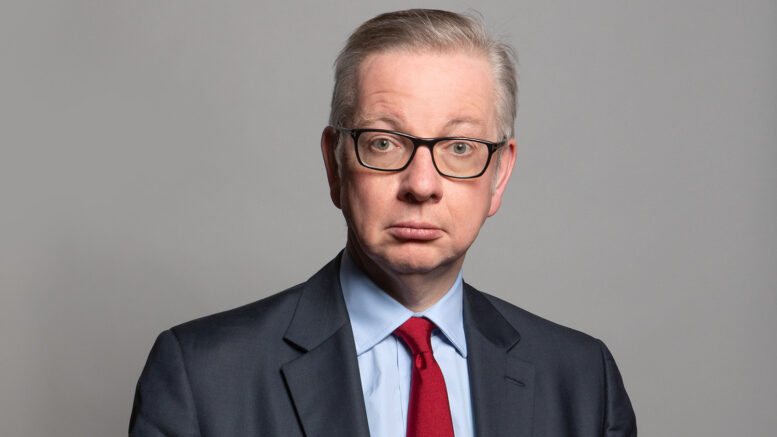Housing Secretary Michael Gove has vowed to eliminate Section 21 evictions in England, ensuring they will be “outlawed” before the forthcoming general election. This commitment aligns with the Conservative party’s 2019 manifesto, which aimed to terminate landlords’ ability to evict tenants without cause. Despite delays and skepticism from housing advocates regarding the government’s dedication to this cause, Gove remains steadfast.
The journey to reform has been marked by setbacks, including concerns over the readiness of the court system, a sentiment echoed by the National Residential Landlords Association. Yet, progress has been made with the introduction of the Renters (Reform) Bill to Parliament, proposing the end of Section 21 evictions, though it has yet to pass fully.
Facing inquiry on the timeline for these changes, Gove assured on the BBC’s Sunday with Laura Kuenssberg programme, “We will have outlawed it and we will have put the money into the courts in order to ensure that they can enforce that.” This statement comes amid internal resistance from Conservative MPs, many of whom are landlords themselves, fearing negative impacts on the rental market.
Critics within his party, like Sir Edward Leigh and Sir Geoffrey Clifton-Brown, argue the bill could stagnate the rental market and exacerbate the housing crisis for young people. Despite these challenges, Gove has pledged relentless efforts to secure additional funding for housing in the upcoming spring Budget.
The opposition has met Gove’s promises with skepticism. Angela Rayner of the Labour party criticized the delays as “weasel words” and a continuation of broken promises, while Daisy Cooper of the Liberal Democrats highlighted the government’s inaction on the housing crisis. Both call for the immediate implementation of the ban to protect renters from unjust evictions.
As the debate continues, the government’s ability to deliver on its promise remains under scrutiny, with the potential for significant implications on the housing landscape in England.








